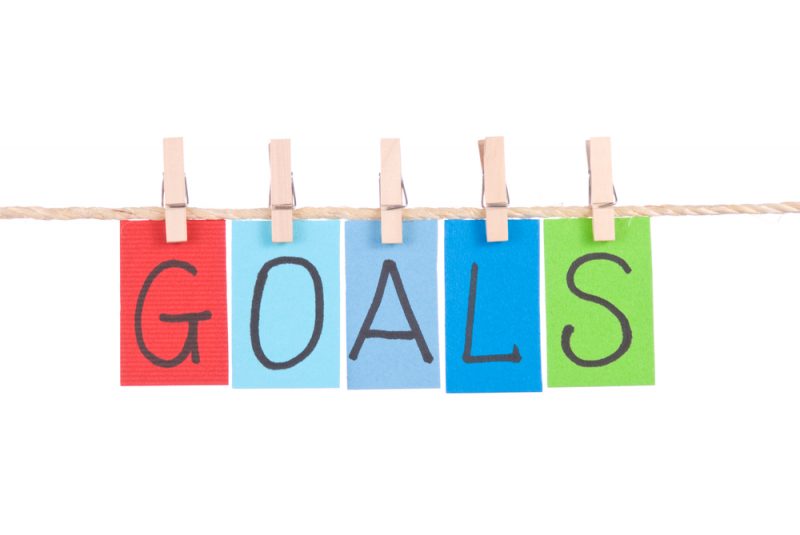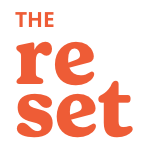
willpower
Willpower is a funny thing. Willpower can help you reach your biggest goals and overcome the most challenging obstacles. We’ve all heard the story of the 125 pound woman who lifts a vehicle to save her child, trapped underneath. Willpower can help you do amazing things. Now new evidence shows you can actually improve your willpower and thereby improve your ability to achieve your goals!
One of the most common acts of willpower I see on a regular basis is a woman’s will to quit smoking upon becoming pregnant. Quitting nicotine, cold-turkey, is no small feat. How does a mom-to-be find the strength? Simple! She wants the baby’s health more than the cigarettes.
You can’t make a change without the WILL to change. The will has to be in you.
A parent’s will to change or act in order to protect a child is one of the most incredible examples of self-control on the planet! But would you quit smoking, leave an unhealthy job, move homes, eat better, start exercising, give up your car, or take another risk just to ensure your own health? I bet your will is not so strong when it comes to your own protection.
Good news for us weak-willed (and self-sacrificing) parents! We can learn to control, and care for, ourselves with a little practice. A new study published in Obesity Research and Clinical Practice shows that practising acts of willpower – or self-control – while working toward a health goal can help to strengthen your resolve and achieve your fitness goal!
Study author Tricia M. Leahey, Ph.D, compares improving willpower to “building a muscle”…
“The more you ‘exercise’ it by eating a low fat diet, working out even when you don’t feel like it, and going to group meetings when you’d rather stay home, the more you’ll increase and strengthen your self-control ‘muscle’ and quite possibly lose more weight and improve your health.”
In other words, it gets easier. Just stick with it.
The study measured two groups as they adhered to a weight-loss program of exercise, diet and group meetings. They tested willpower with a basic handgrip test and asked the dieters to grip with a specific amount of intensity through cramping, pain and discomfort. Participants who improved their self-control and managed to hold the uncomfortable handgrip even longer at the end of the dieting period were the same people who lost the most weight, attended the most meetings and exercised the most during the study. Pretty simple, right?
Focusing on the steps that will lead you to your goal (and not just hoping for the end result) will improve your overall resolve, strengthen your willpower, and make you more likely to hit your fitness goal in the end!
How to put this into practise? Imagine you’ve got a weight loss goal of 10 pounds. You could simply commit to lose 10 pounds by a certain date. Or, you could commit to the small behaviours that will push you toward your 10 pound weight loss; this way, you’ll give yourself the chance to stick to your guns in a small way, on a regular basis, and flex that willpower muscle! For example, you could plan to:

- walk 20 minutes three times per week before dinner
- eat breakfast every day
- pack your lunch every day
- do 10 minutes of yoga after the kids go to sleep
- drink 2L of water per day
- stop eating at 7:00 p.m each night
- go to bed by 10:00 p.m. each night
- take a group fitness class once per week
- do one outdoor family activity every weekend
Create a structure for your willpower to play on – a willpower playground with lots of mini-challenges to allow you success several times a day, and tons of times each week! As you build up successes you’ll feel powerful and strong, and you will find it easier to stick to your plan as the days and weeks go by. Before you know it, those 10 pounds are gone and you’re on to your next goal!
